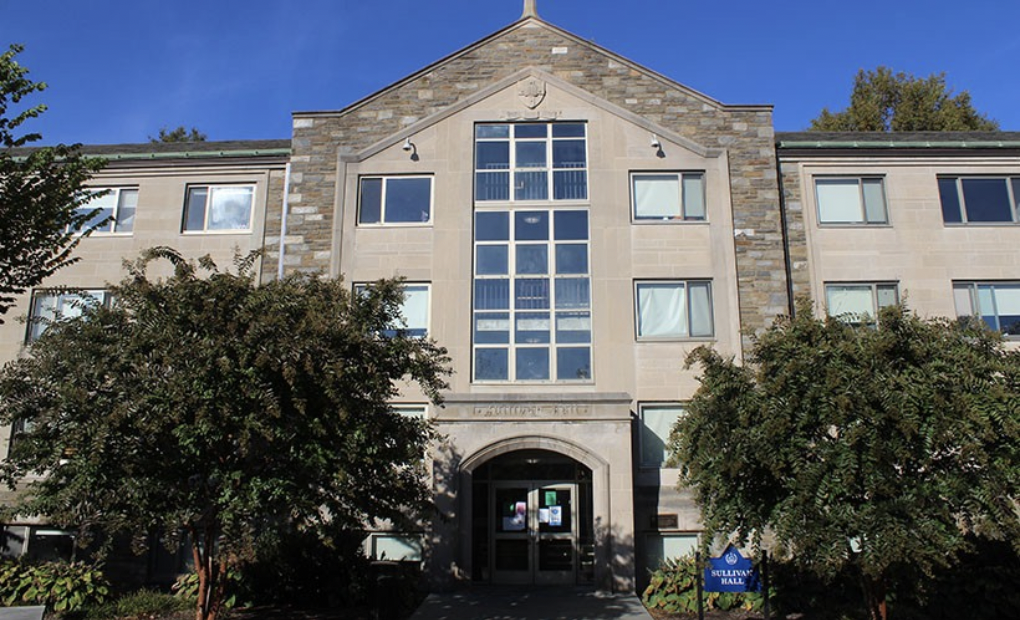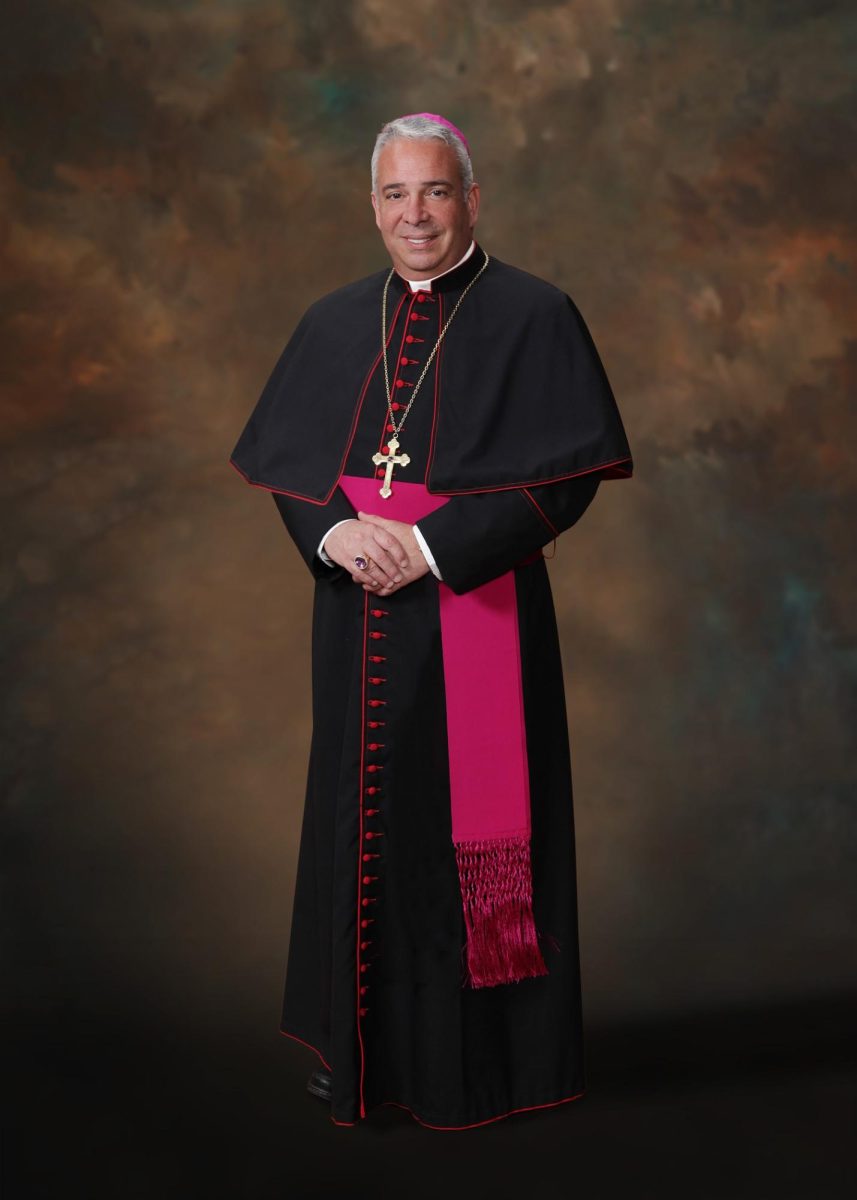On Thursday, April 25, the Villanova Ethics Program, in coordination with one of this year’s John T. McLaughlin, M.D., Undergraduate Ethics Fellows, hosted a panel to discuss research ethics and the Institutional Animal Care and Use Committee (IACUC) at Villanova. Entitled “Striking the Balance,” students from across disciplines gathered to gain insight from research faculty and committee members into the world of research ethics and humane experimental technique.
Scientific breakthroughs at research universities pave the way for the discovery of new medical treatments that save lives. Villanova is fortunate to have an incredible science faculty that includes some of the leading researchers in their fields. It also boasts many talented undergraduates conducting research under the mentorship of faculty members. Meaningful scientific inquiry is at the root of what a university ought to be, leading the way into the future and, hopefully, to scientific breakthroughs that reach far beyond just Villanova’s campus.
An important aspect of scientific research, particularly in the disciplines of biology, psychology and neuroscience, is the use of model organisms in place of human subjects. Common model organisms include invertebrates like worms and fruit flies, but meaningful vertebrate subjects are also incredibly important, like Zebrafish, various species of amphibians and mice. These organisms have provided answers to many important questions regarding the biological processes of life.
It is important, however, to make serious ethical considerations when working with animal subjects. The Institutional Animal Care and Use Committee (IACUC) is a committee required by federal law, existing at every institution that accepts federal funding for research involving vertebrates. The IACUC is tasked with reviewing and approving any laboratory procedures that involve the use of vertebrate subjects, as well as instituting new guidelines regarding this type of research as they are produced by the U.S. Public Health Service.
At the core of IACUC’s mission is to protect research animals while maintaining meaningful scientific inquiry. But what kind of considerations does the IACUC make while implementing new guidelines or reviewing protocols?
The panelists agreed that the 3Rs of research ethics have proven to be the gold standard for devising ethical experimental protocols when working with vertebrates. First defined by Russell and Burch in their 1959 publication The Principles of Humane Experimental Technique, the 3Rs are Replacement, Reduction and Refinement. Replacement is understood to mean replacing animal models with advanced predictive models or tools. Further advancing the development of this kind of technology will help to replace animal models in the future. Reduction refers to limiting the number of animal subjects used to the minimum necessary for an experiment. However, modern refinements to this term also suggest that researchers design and analyze their experiments to maximize the knowledge gained while limiting the number of animals used. Last, refinement seeks to advance the welfare of laboratory animals by allowing for species-specific behaviors, the use of analgesics and anesthetics to reduce discomfort and by proper housing and care for the animals.
The panelists remarked that Villanova’s research programs not only uphold federal guidelines and regulations regarding the care and use of research animals, but also exceed those guidelines.
Unfortunately, model organisms, particularly vertebrates, will always be necessary if one wants to study the intricate processes of life. However, that does not mean we should treat these animals as disposable. Regulatory committees like IACUC preserve the integrity of research, while simultaneously promoting meaningful scientific inquiry.
Villanova’s IACUC is tasked with these demanding jobs. Led by faculty members from various departments of the College of Liberal Arts and Sciences, the committee helps to inform faculty and students as to what considerations they should make and what guidelines they must follow when working with vertebrate subjects. It protects the research animals from unnecessary harm, while simultaneously protecting the University and its research programs.








